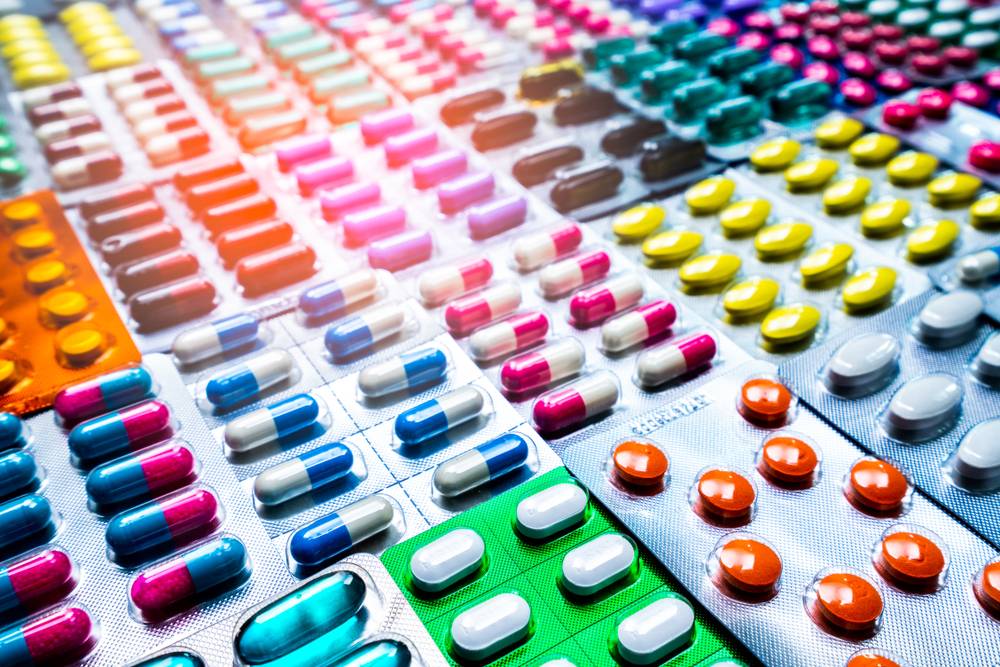 Updated on: December 12th, 2022 4:00 PM
Updated on: December 12th, 2022 4:00 PM
Import of Drugs and Cosmetics
The import of drugs and cosmetics in the country is regulated by the Drugs and Cosmetics Act of 1940. This article talks about this Act's provisions concerning these essential commodities' requirements.Prohibition on the Import of Certain Drugs or Cosmetics
The Drugs and Cosmetics Act restricts the import of:- Drugs or cosmetics of substandard quality.
- Any misbranded or spurious cosmetic.
- Any adulterated or spurious drug.
- Any patent or proprietary medicine with no description of the formula or list of active ingredients included in it, along with the quantities thereof.
- Any drug which purports or claims to cure or mitigate any such disease or ailment in the form of a statement, design, or device accompanying it.
- Any cosmetic includes an ingredient that may render it unsafe or harmful for consumption.
- Drugs or cosmetics are prohibited from import under these provisions.
The Central's Governments Power in Prohibition
The Central Government may prohibit the import of a drug or cosmetic if it is satisfied that:- Using such a drug or cosmetic involves any risk to human beings or animals.
- The drug lacks the therapeutic value claimed for it.
- The drug or cosmetic includes ingredients in such quantity that there is no therapeutic justification. Such a directive could be passed through a notification in the Official Gazette.
Sea Customs and the Role of Customs Officers
Section 18 of the Sea Customs Act 1878 prohibits the import of sea customs of certain goods, including that certain drugs and cosmetics. Therefore, the Commissioner of Customs or any officer of the Government authorized by the Central Government on this behalf may detain any imported package on the suspicion that the particular container consists of any of such imports. The confiscated drugs or cosmetics will then be taken to the Central Drugs Laboratory.Powers of the Central Government
The Central Government, on consultation with or on the recommendation of the Board, enacts the following rules after the prior publication of the same in the Official Gazette:- Specify the licensing requirements for drugs, cosmetics, or their classes concerning their import, and prescribe the form and conditions of such licenses. Moreover, the governing body may also decide on other pertinent licensing aspects.
- Prescribe the methods of conducting the test or analysis in determining whether a drug or cosmetic is of standard quality.
- Lay out the units or methods of standardization of biological and organometallic components.
- Specify the color which a drug may bear or contain for coloring.
- Specify the diseases or ailments an imported drug shall not purport or claim which are not associated with such medication.
- Define the conditions following which small quantities of prohibited drugs may be imported for examination, test, analysis, or personal use.
- Ordain the import location of certain drugs or cosmetics.
- Demand the precise specification of the date of manufacture and the date of expiry of the drug's potency on its label or container, and prohibit the import of medicines which has surpassed the date of expiry.
- Regulate the submission by importers and secure the samples of drugs or cosmetics for examination, test, or analysis by the Central Drugs Laboratory and prescribe the fee requirements for the same.
- Demand any evidence (documentary or otherwise) that validates the quality of drugs or cosmetics to be imported.
- Facilitate the exemption of any of these provisions.
- Lay out the norms for packaging bottles, packages, or other containers of imported drugs or cosmetics.
- Regulate the mode of labeling drugs or cosmetics imported for sale in packages, and suggest the matters which may or may not be included in such labels.
- Establish the proportions of inclusion of any poisonous substance in a drug that is imported.
- Prohibit the import of drugs which is non-compliant with the above rule.
- Specify substances deemed poisonous for these provisions and the pertinent rules.
- Demand the display of the accepted scientific name of any specified drug in the prescribed manner on the label or wrapper of any imported, patent, or proprietary medicine included in such drug.
Offenses
The following penal provisions are applicable for non-compliance with this provision:- The import of adulterated drugs or spurious cosmetics – a term of imprisonment which may extend to three years and a fine which could be as high as Rs. 5,000.
- The import of any drug or cosmetics prohibited under section ten - a term of imprisonment which may go up to six months, which could be supported with a fine as high as five thousand rupees.
- The import of any drug or cosmetic against the provisions of any notification issued under section 10A - imprisonment for three years, in addition to a fine which may be as high as Rs. 5,000.
Popular Post

In the digital age, the convenience of accessing important documents online has become a necessity...

The Atalji Janasnehi Kendra Project that has been launched by the Government of Karnataka...

The Indian Divorce Act governs divorce among the Christian couples in India. Divorce...

When an individual has more than a single PAN card, it may lead to that person being heavily penalised, or worse,...

Employees Provident Fund (PF) is social security and savings scheme for employee in India. Employers engaged...


